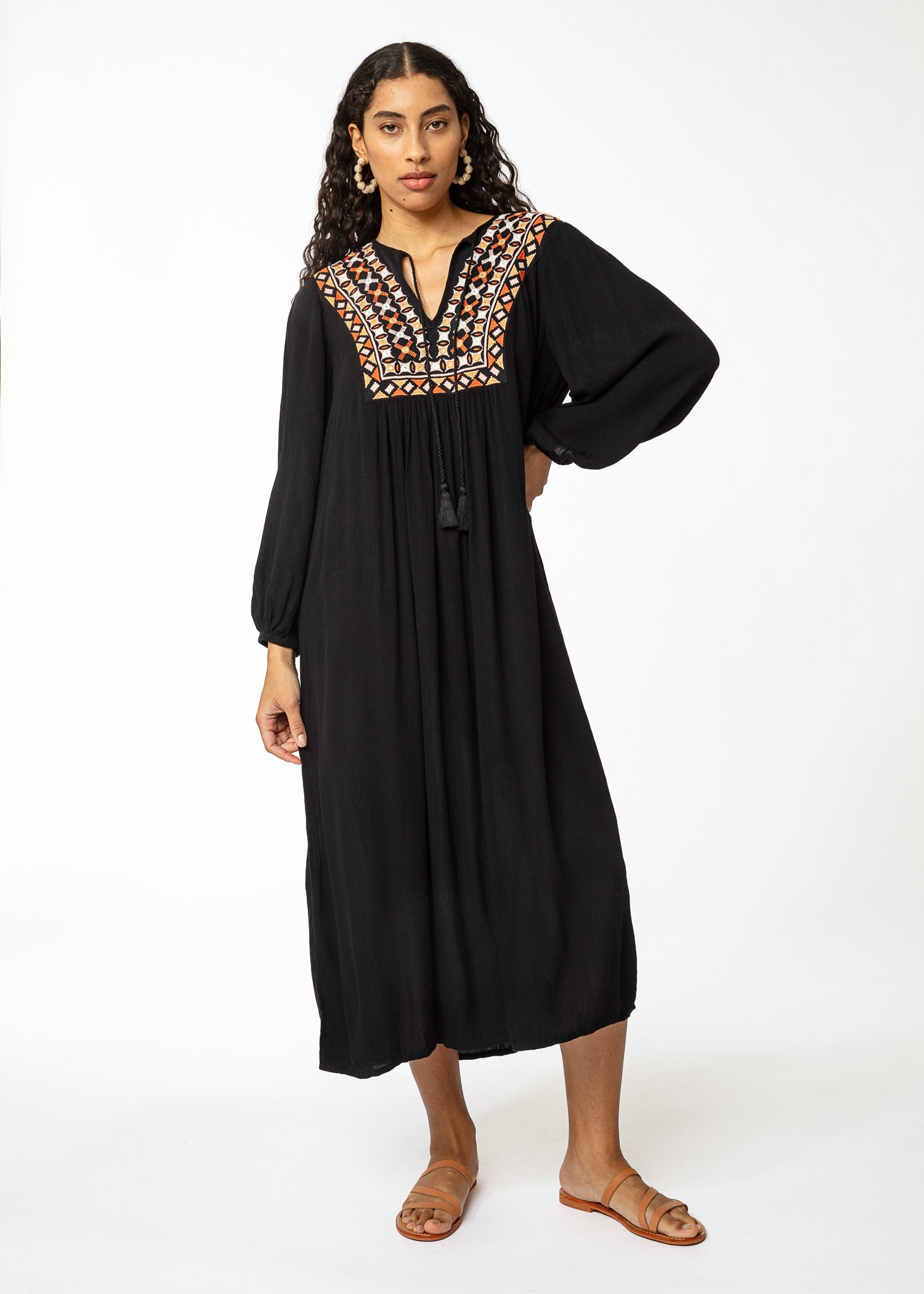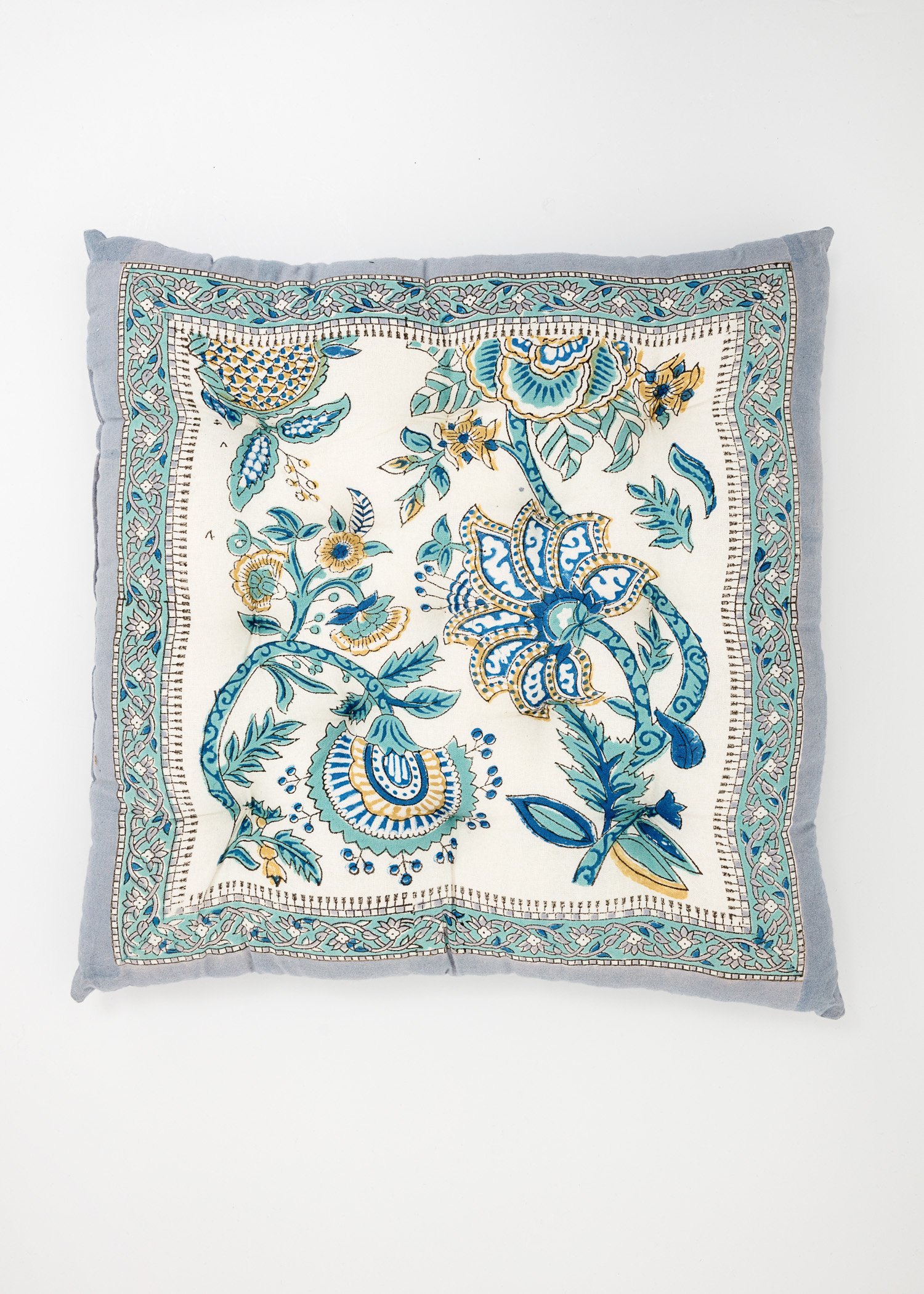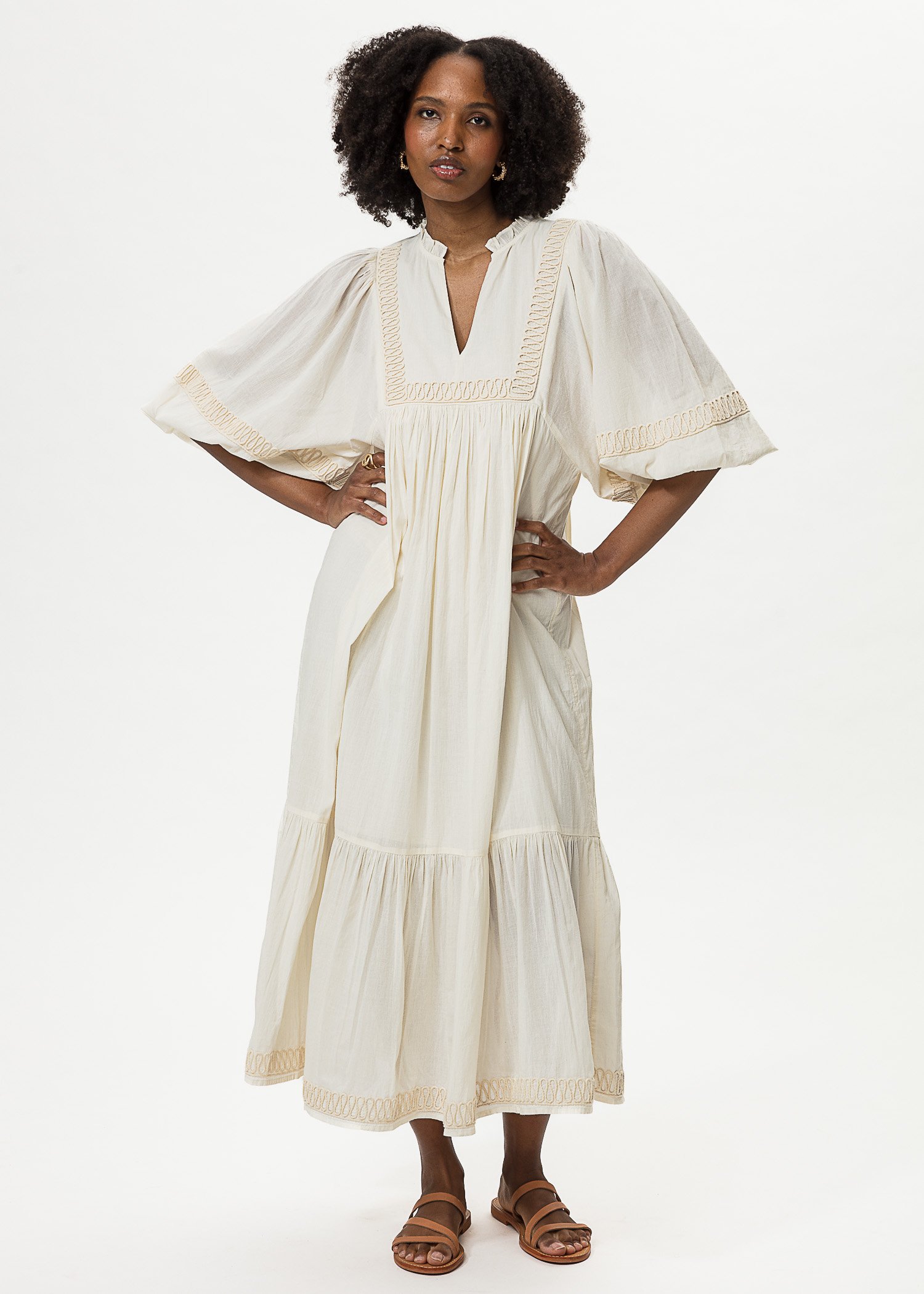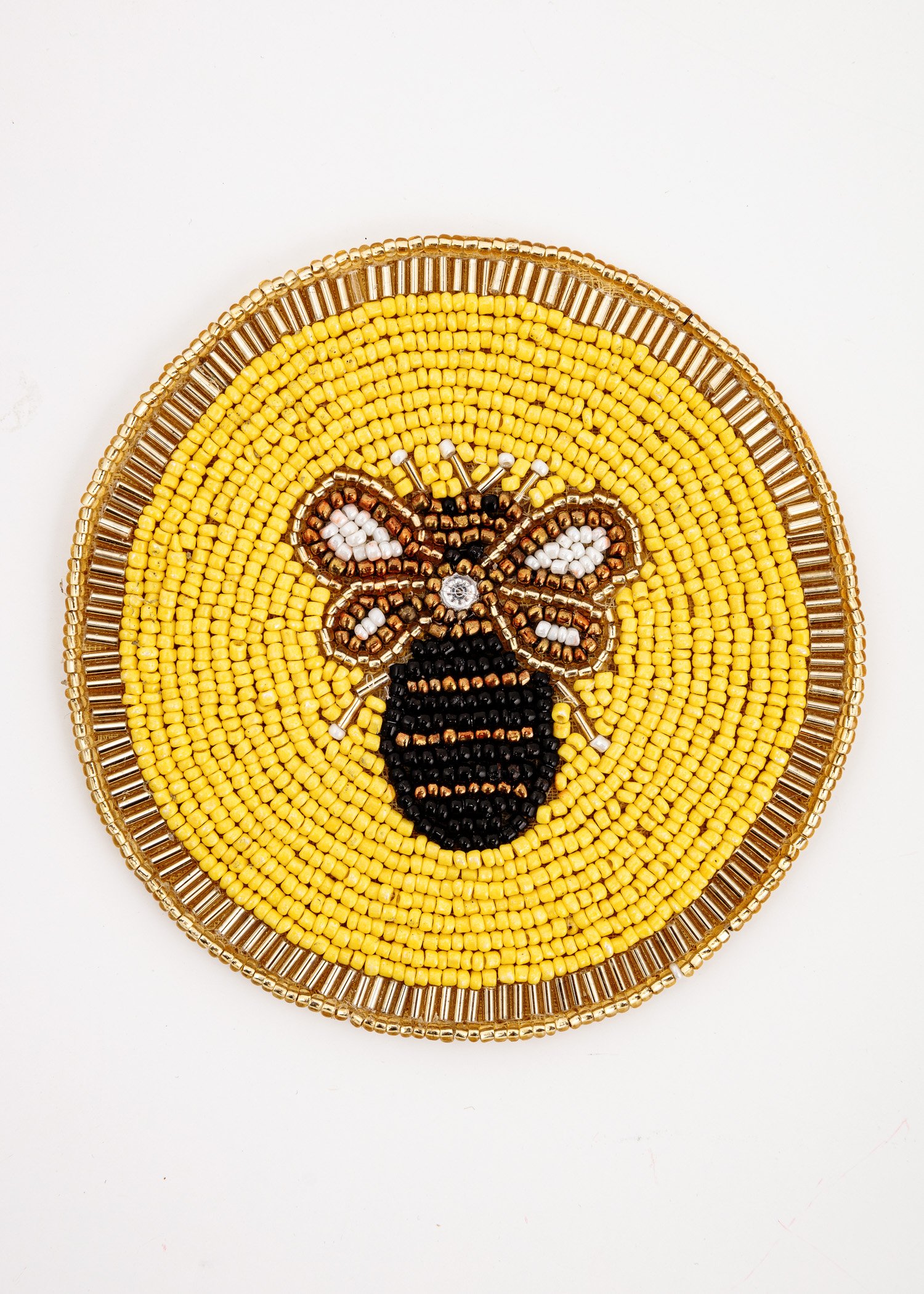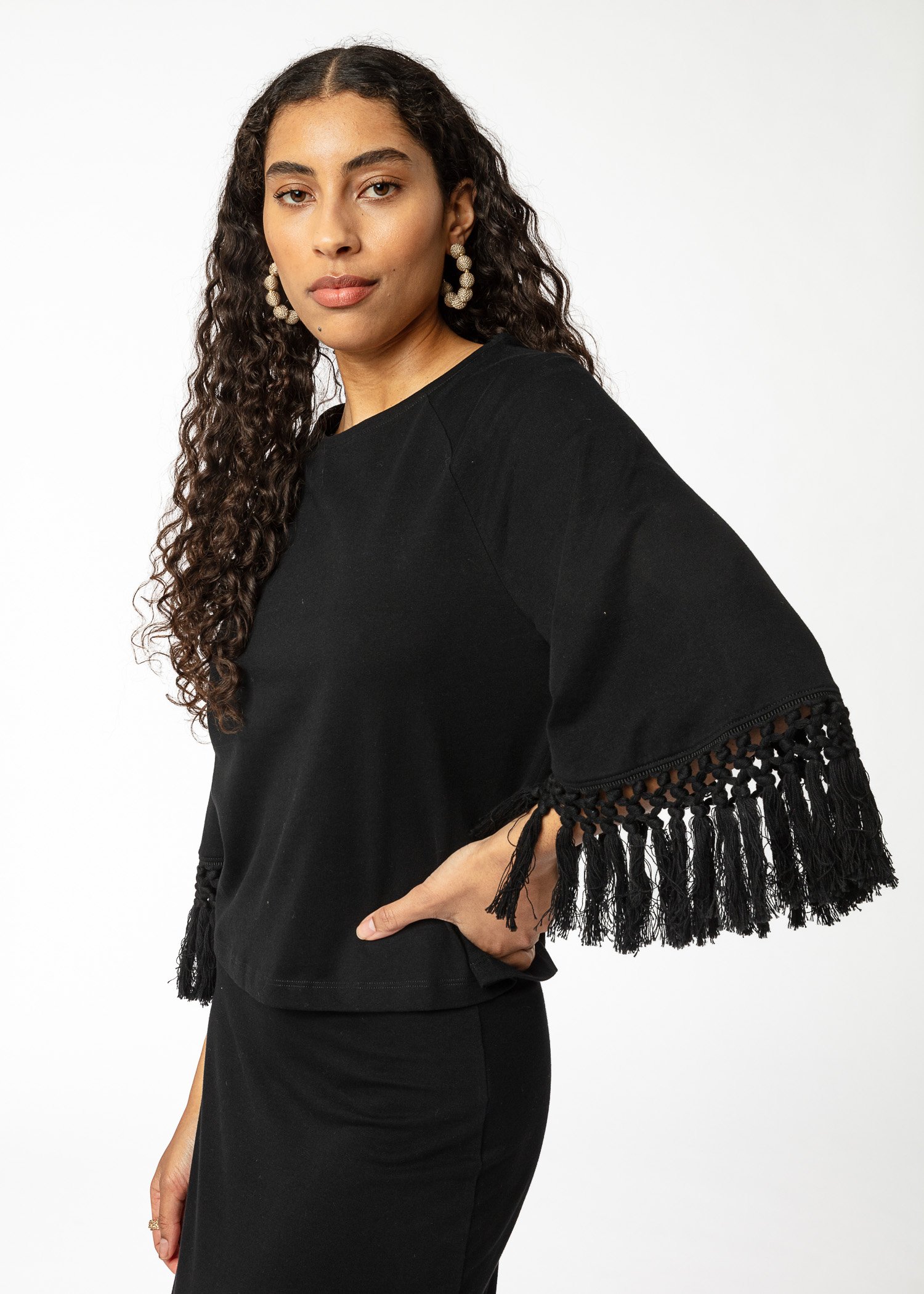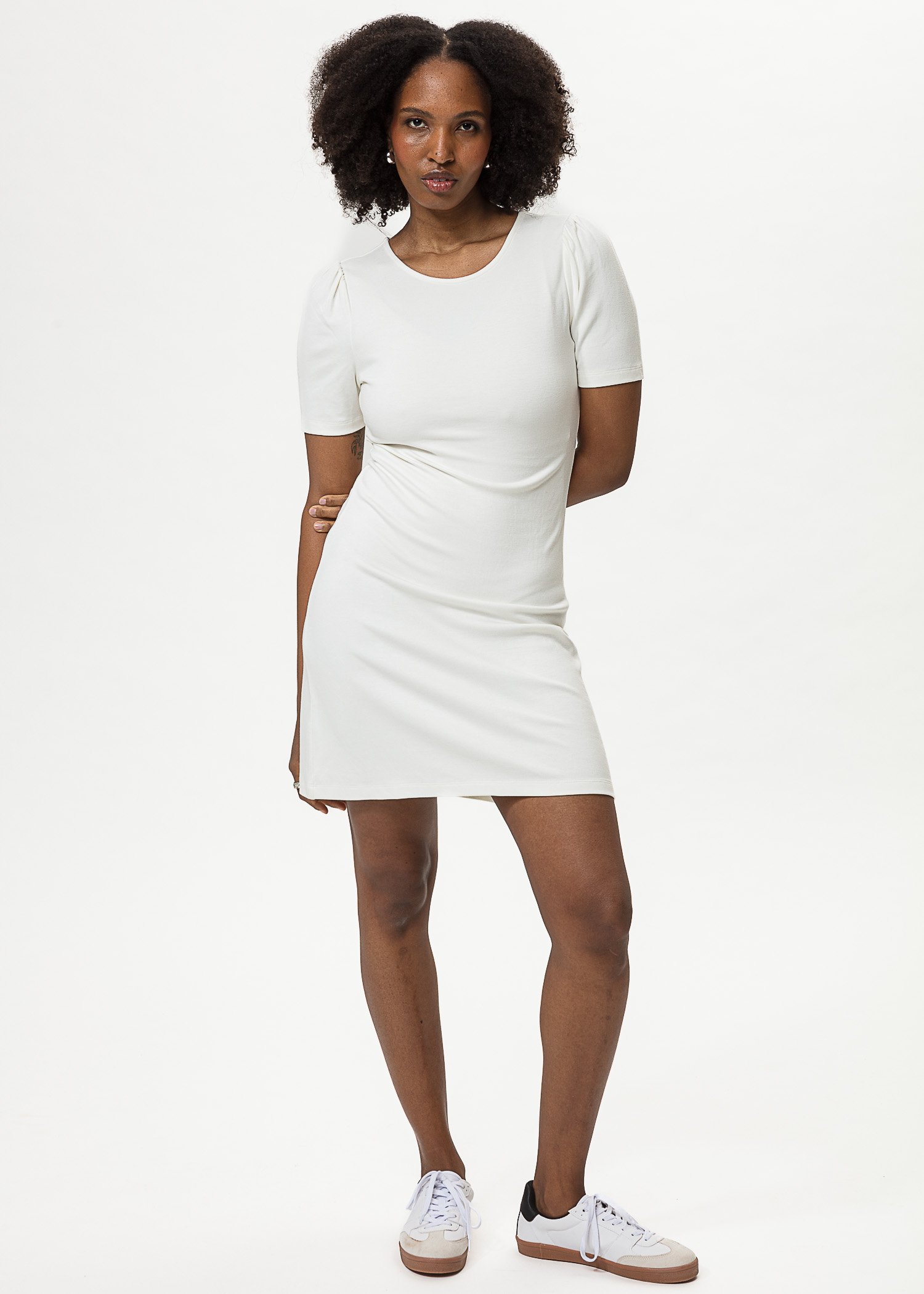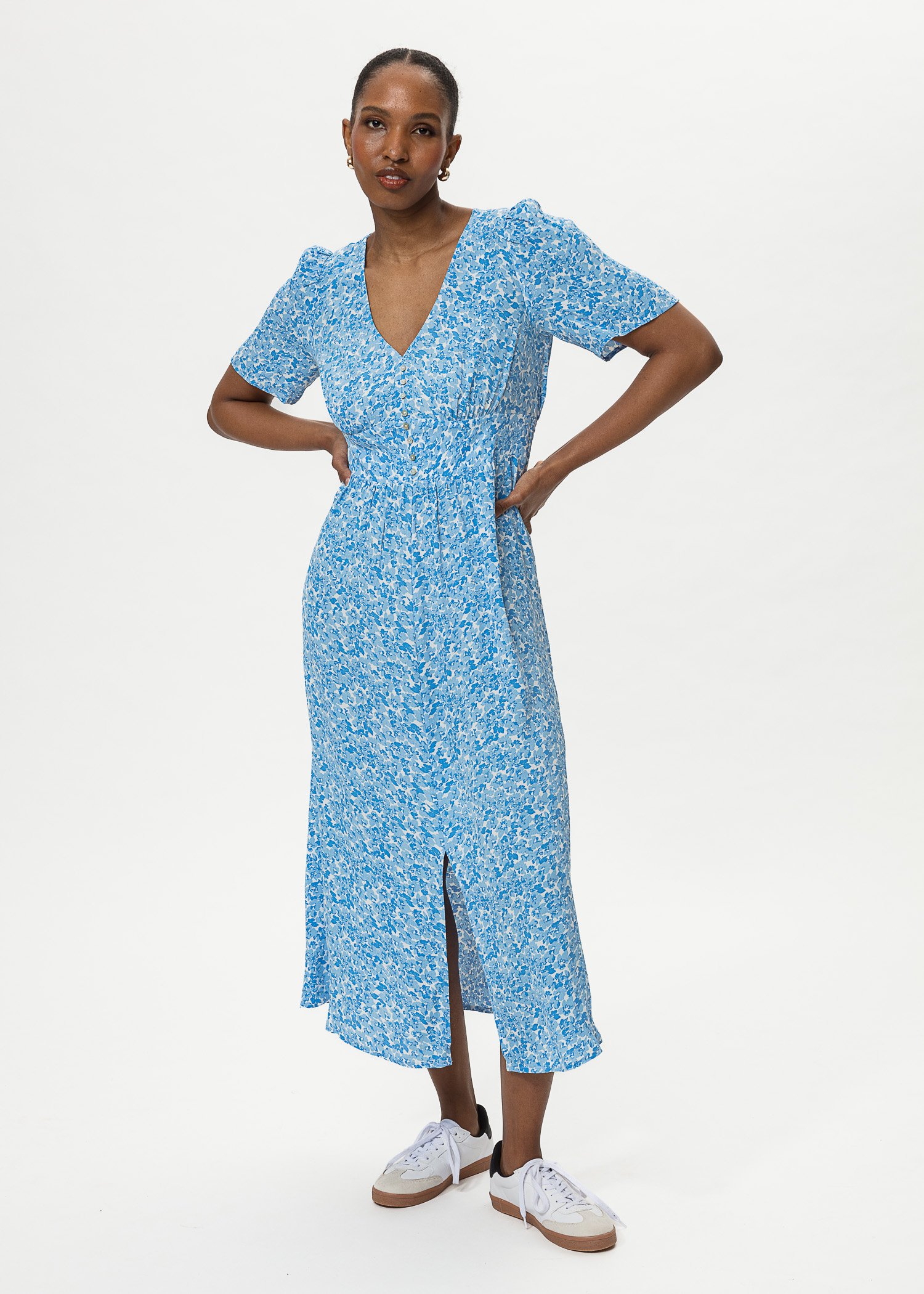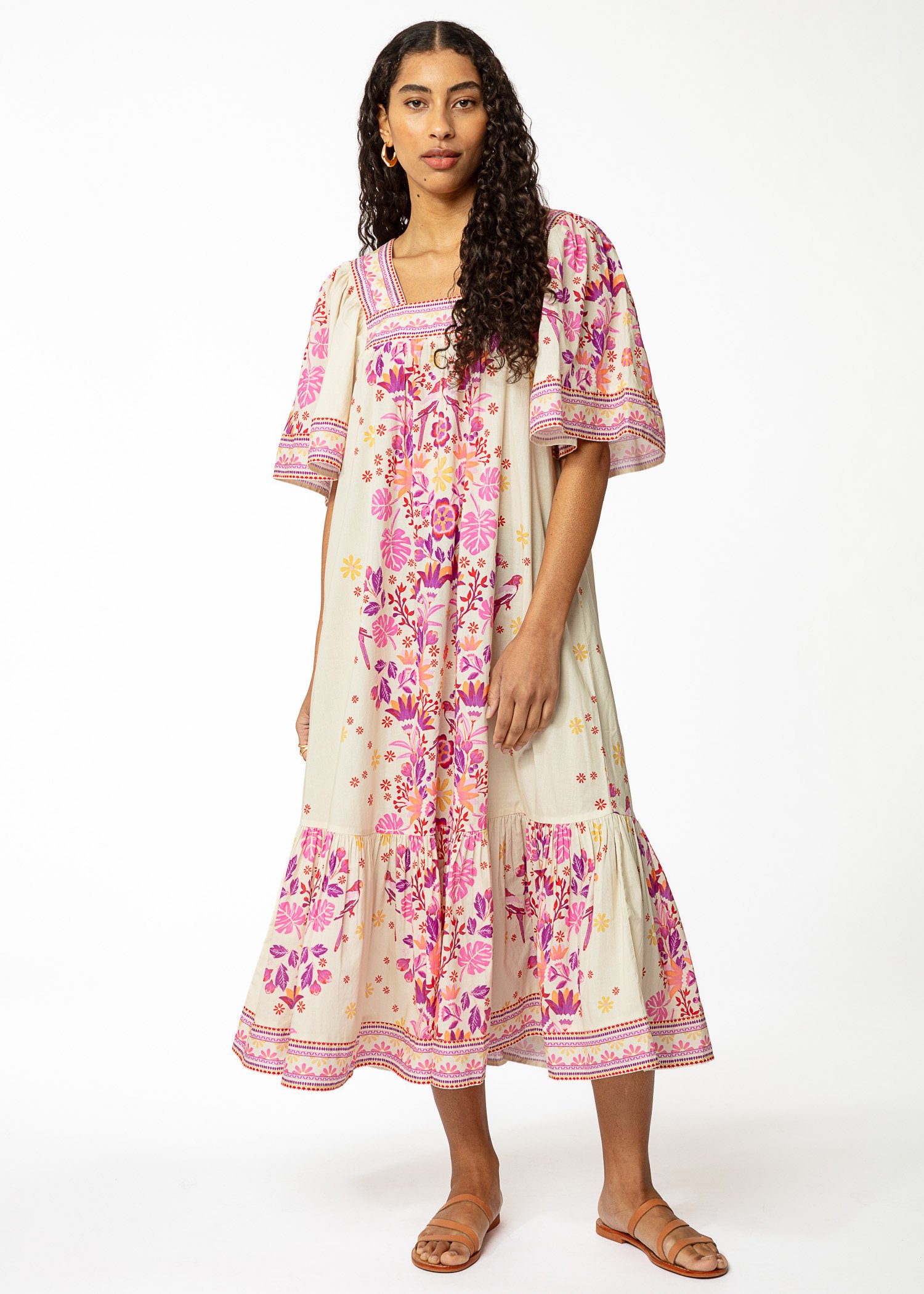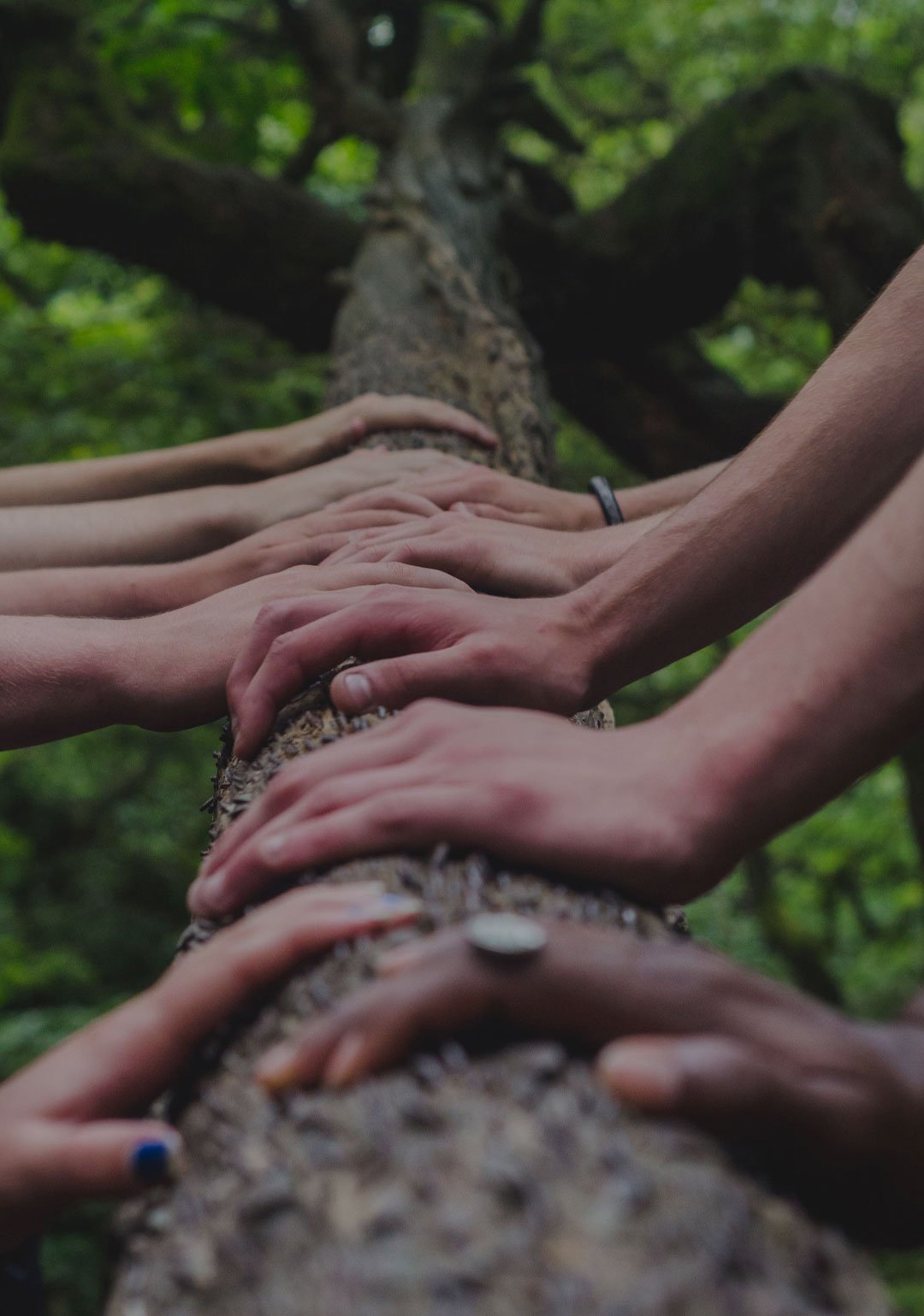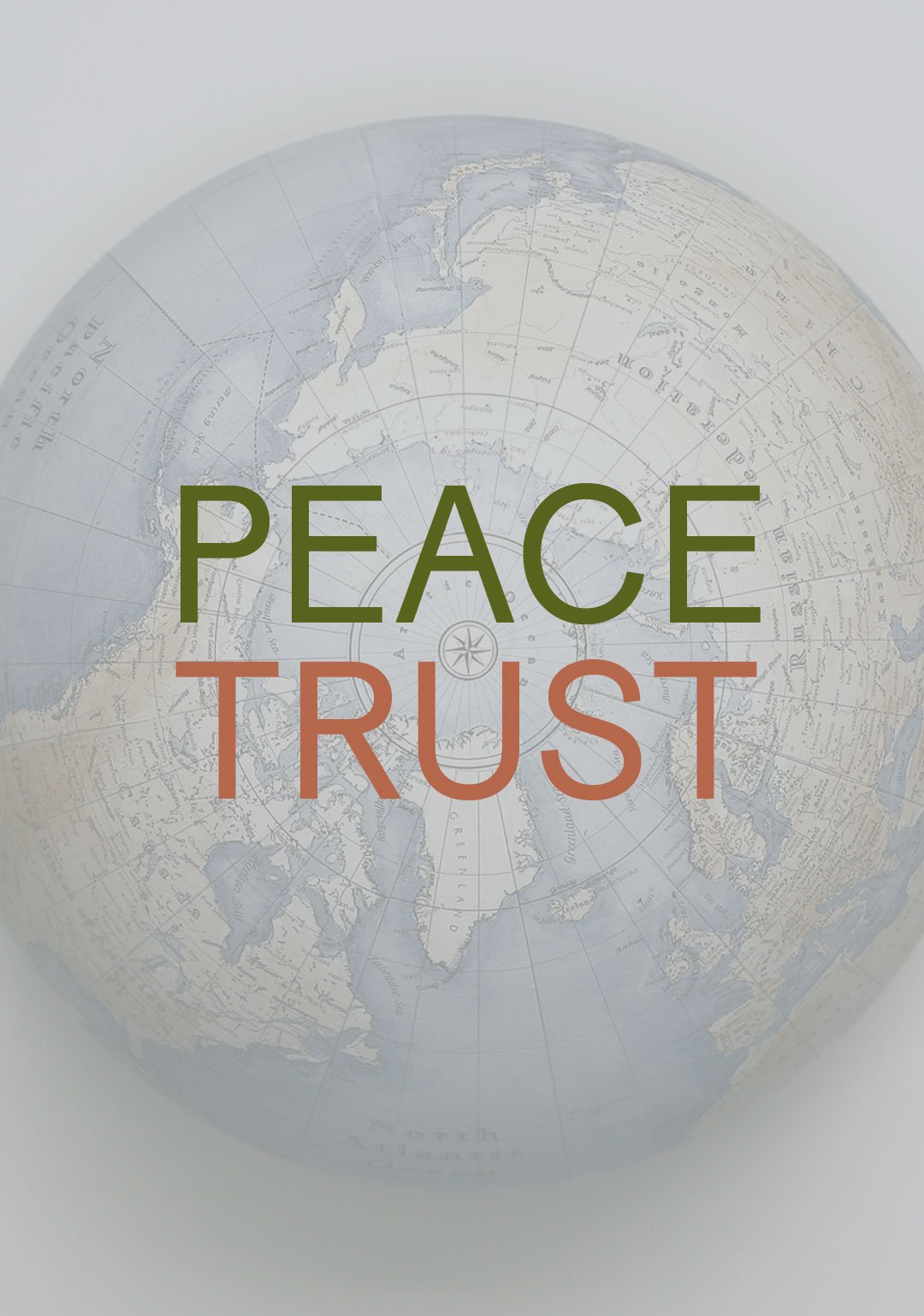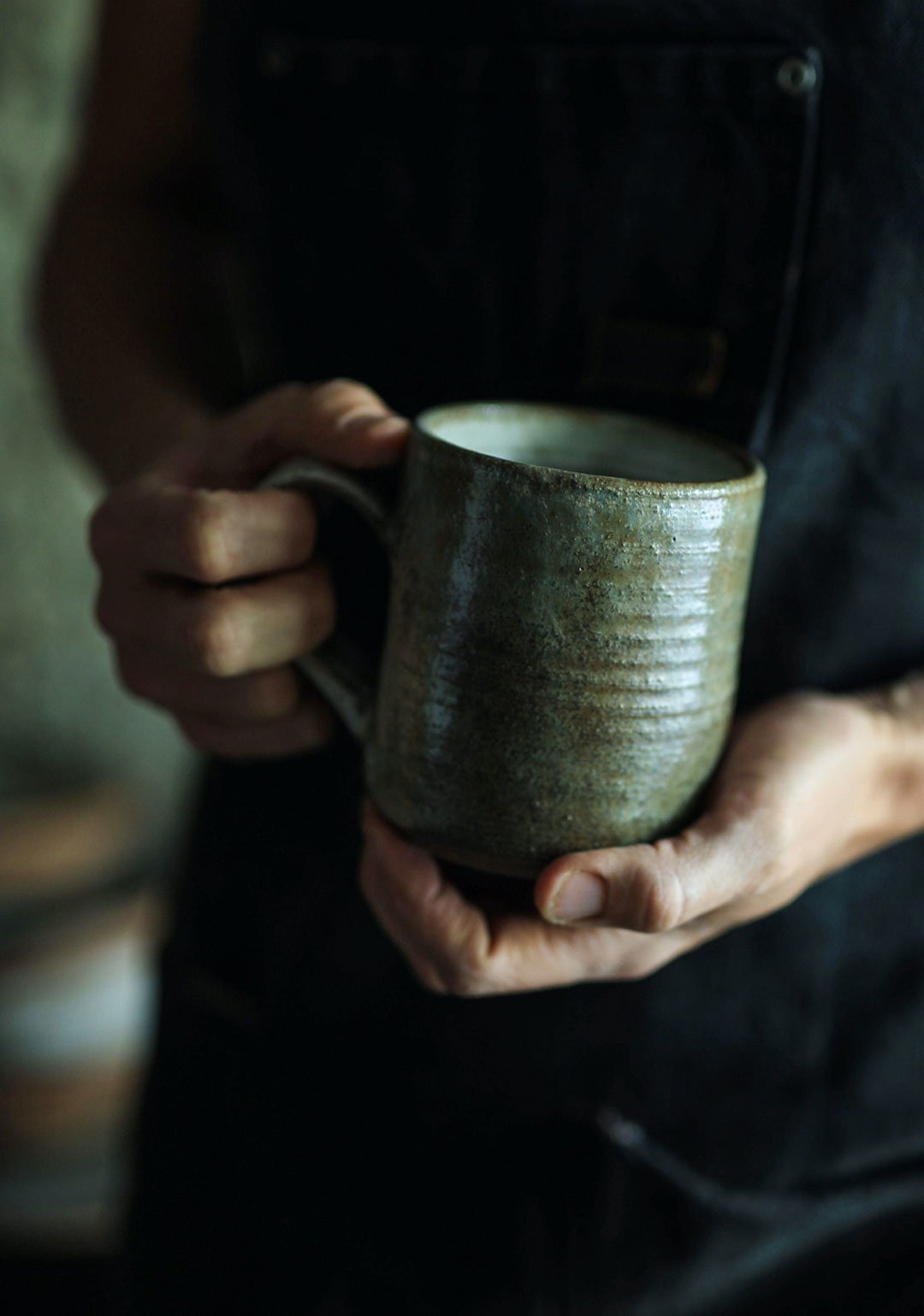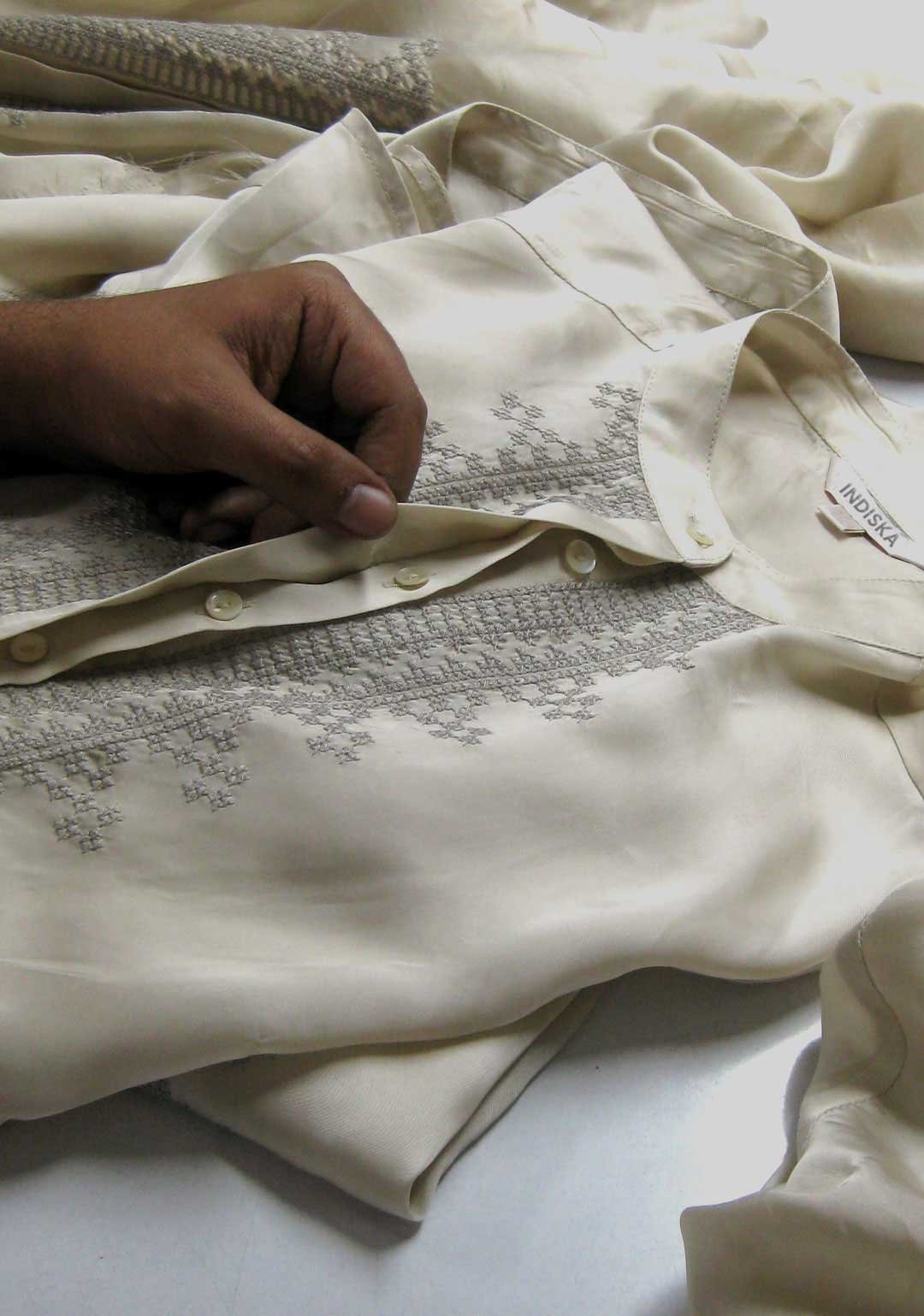Materials, certificates and ecolabelling
Production and usage of new products require natural resources and have an impact on all living beings and ecosystems. Sustainability for us, means doing what we can to minimize the negative impact along the supply chain – from raw material to finished product. We strive to make products of good quality, that lasts and can be loved over a long period of time.
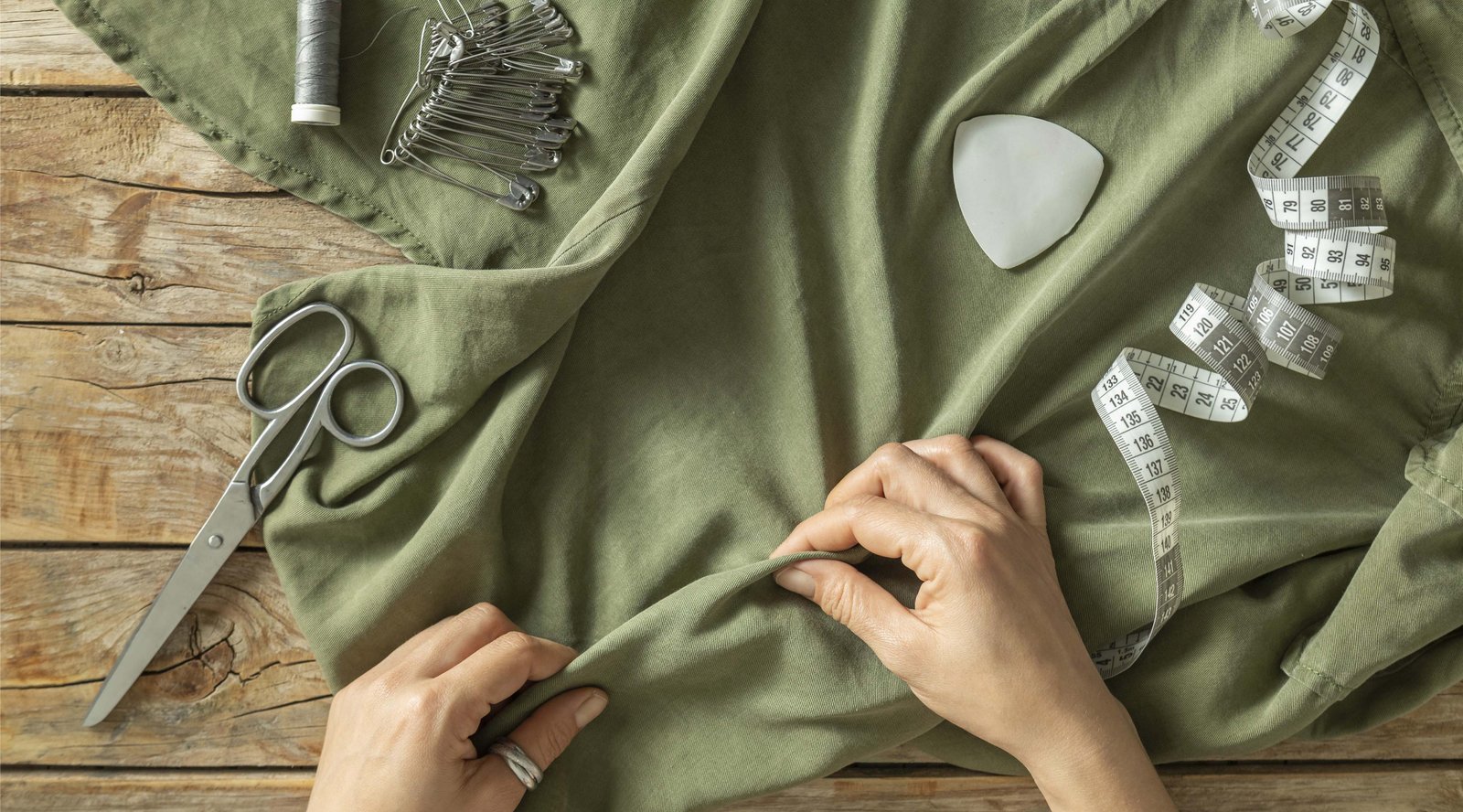
What material we chose to use in a product affects its characteristics, look, feeling and quality. Depending on the selected fibre and how it is treated, the finished material gets different attributes and is suitable for different areas of application. Materials made of natural fibres, meaning fibres coming from plants or animals, are comfortable to wear, let’s through humidity, are lustrous and keeps a shape.
Materials made from synthetically produced fibres are important for the functionality of for example outdoor garments with high demands on water resistance and wind permeability. Synthetic materials can also be produced out of cellulose based raw material, so called wood pulp or leftover cotton lint. These materials are called viscose.
There are materials and processes that have less negative impact and are better from an environmental perspective. For example, fibres that origins from a renewable or recyclable source, fibres that require less resources to produce, or where there is well documented care for animals. We have chosen to call these materials A BETTER CHOICE, and we strive to choose these for as many of our products as possible.
There are materials and processes that have less negative impact and are better from an environmental perspective. For example, fibres that origins from a renewable or recyclable source, fibres that require less resources to produce, or where there is well documented care for animals. We have chosen to call these materials A BETTER CHOICE, and we strive to choose these for as many of our products as possible.
A BETTER CHOICE
For a product from Indiska to be marked with A BETTER CHOICE, it must contain more than 50% of a more sustainable material. Our definition of a more sustainable material* implies that the fibre origins from a renewable or recyclable source, is produced with more resource efficient methods compared to the equivalent conventional fibre, and/or has a third-party certification that proves the traceability. It should also be biodegradable or recyclable.* Baserat på Textile Exchanges rapport (Preferred Fibre Market Report 2020)
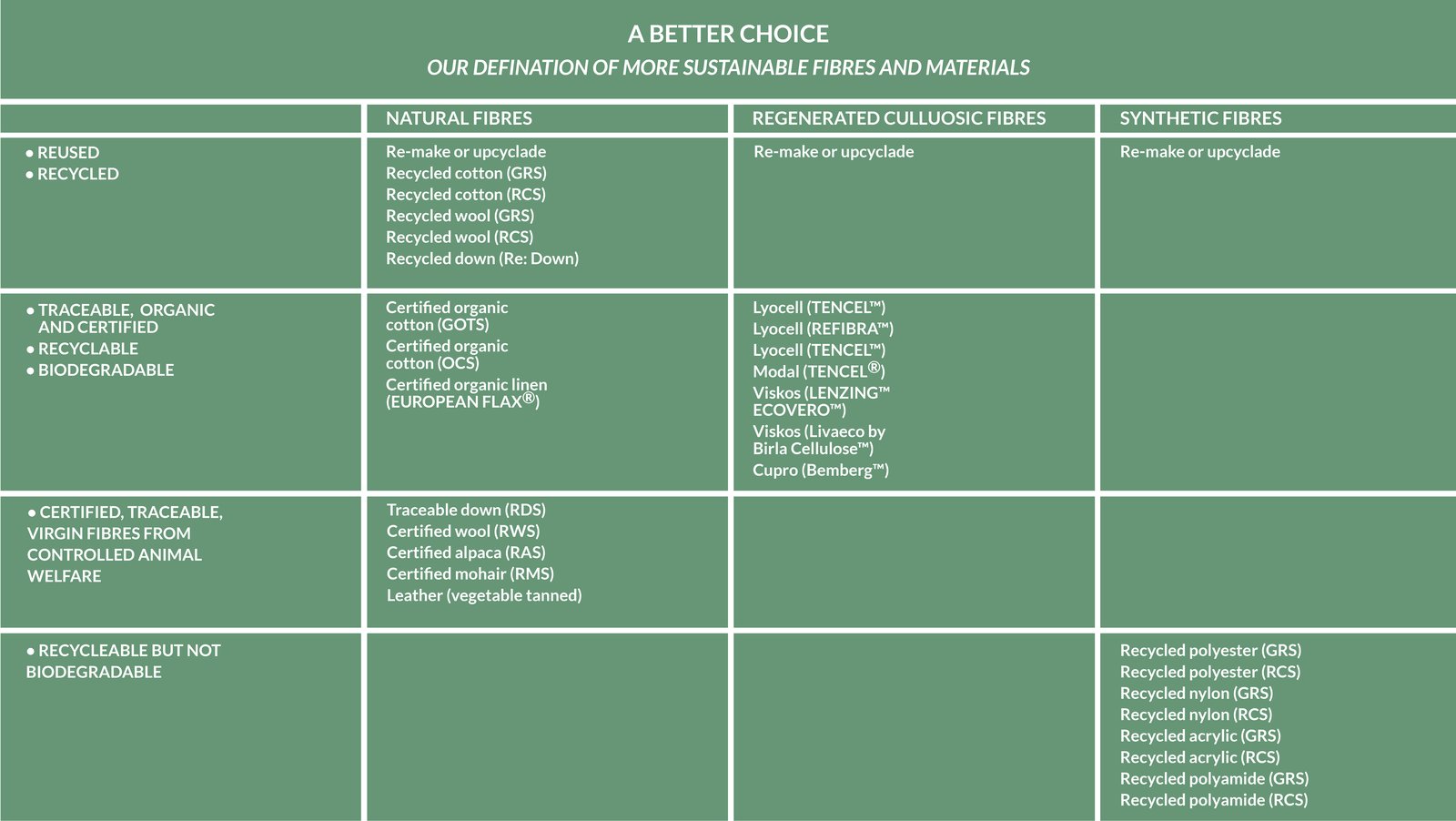
We invite you to read more below about our reasoning regarding the use of more sustainable materials that are marked with our symbol A BETTER CHOICE.
Keep in mind that viscose often shrinks in the laundry, which can easily be ironed out after washing. Or even easier with a steamer!
What is common for all types of viscose is that they are all made of regenerated cellulose, for example wood pulp or rest products from cotton production. That means that the fibre comes from renewable sources and naturally is biodegradable. The wood pulp is processed by chemicals, often in nearly closed systems that recycle both water and chemicals and is thereafter spun into fibres. It is important for the climate and biodiversity that the raw material comes from responsibly managed forestry, and that chemical management and water use when producing the fibres are treated responsibly.
Viscose
Viscose has the comfort of cotton as it absorbs moisture and is soft and comfortable against the skin. Viscose also has a nice drape, takes up colours in a nice way and can be made with a shine that makes it look like silk. These properties make viscose suitable for dresses, tunics, blouses and thus one of our and customers' favourite materials.Keep in mind that viscose often shrinks in the laundry, which can easily be ironed out after washing. Or even easier with a steamer!
What is common for all types of viscose is that they are all made of regenerated cellulose, for example wood pulp or rest products from cotton production. That means that the fibre comes from renewable sources and naturally is biodegradable. The wood pulp is processed by chemicals, often in nearly closed systems that recycle both water and chemicals and is thereafter spun into fibres. It is important for the climate and biodiversity that the raw material comes from responsibly managed forestry, and that chemical management and water use when producing the fibres are treated responsibly.
To ensure that our viscose meets the requirements to be A BETTER CHOICE, we work with well-known fibres suppliers and trademarks that can guarantee the traceability. Below, you can read more about the ones that we have chosen to use in our products:
Indiska has mapped where our suppliers buy viscose from, most of which comes from well-known fibre manufacturers who work responsibly.
Indiska has mapped where our suppliers buy viscose from, most of which comes from well-known fibre manufacturers who work responsibly.
 |
Lyocell (TENCEL™)TENCEL™ Lyocell fibers look and feel like silk. The fibers are durable, soft and comfortable and gives a nice drape. TENCEL™ Lyocell fibers are cellulose fibers partly made from eucalyptus wood pulp. Indiska use TENCEL™ branded Lyocell fibers. TENCEL™ Lyocell fibers are extracted from sustainably grown wood using a unique closed loop system which recovers and reuses the solvents used, minimizing the environmental impact of production. Unique physical properties lead to their high tenacity profile, efficient moisture management and gentleness to skin. TENCEL™ is a trademark of Lenzing AG. |
|
 |
Modal (TENCEL™)TENCEL™ Modal fibers are cellulosic fibers. The softness of TENCEL™ Modal fibers last longer comparison to cotton fibers. Indiska modal comes form the fibre manufacturer Lenzing. TENCEL™ Modal fibers are extracted mainly from sustainable beech wood by an environmentally responsible integrated pulp-to-fiber process, which is self-sufficient in energy and recovers co-products from component parts of the wood. This flexible fiber is renowned for its exceptional softness. TENCEL™ is a trademark of Lenzing AG. |
|
 |
Cupro (Bemberg™)Cupro fabrics are smooth and comfortable with a nice drape and luxurious shine like silk. Cupro is made from cotton linter, a by-product when extracting cottonseed oil. It is produced in a responsible manner with low environmental impact, the chemicals are recovered, and the water is purified. Cupro is made from 100% plant-based renewable material and thereby biodegradable. |
|
 |
Viscose (LENZING™ ECOVERO™)LENZING™ ECOVERO™ Viscose fibers are derived from sustainable wood and pulp, coming from certified and controlled sources. The fibers have been certified with the EU Ecolabel as meeting high environmental standards. The manufacturing of LENZING™ ECOVERO™ fibers generates up to 50% lower emissions and water impact compared to generic Viscose. LENZING™ and ECOVERO™ are trademarks of Lenzing AG. The fibre has the same properties as conventional viscose. |
|
 |
Viscose (Livaeco by Birla Cellulose™)LivaEco Birla cellulose™ viscose fibre has a much lower environmental footprint than conventional viscose. The fibre has the same properties as conventional viscose. |
Organic cotton
Organic cotton is grown without chemical pesticides, fertilisers, and genetically modified organisms (GMOs). About 80 % of the organic cotton is rain-fed thus requires less watering than conventional cotton, which reduces the pressure on local water sources.
OCS - Organic Content StandardProducts certified to the (Organic Content Standard) OCS contain organically grown content that has been (independently) verified at each stage of the supply chain, from the farm to the finished product. Organic cotton is produced and certified to organic agricultural standards, which require practices to sustain ecosystems. |
Recycled materials - GRS (Global Recycling Standard)
GRS (Global Recycling Standard) is a product standard for tracking and verifying the content of recycled material throughout the value chain. GRS also makes demands on social and environmental conditions. GRS today mainly comprises textiles. Choosing recycled instead of newly produced helps save both energy and nature's resources.
Recycled polyesterRecycled polyester usually comes from PET bottles. There are several environmental benefits to use recycled polyester instead of virgin polyester which comes from oil. It consumes less energy when manufactured from recycled materials, greenhouse gas emissions are reduced as is the use of chemicals. A polyester product is easy to care for, can be washed at 40 degrees and rarely needs ironing. It has the conditions of a long life-time due to its good colour fastness and durability. |
Other certifications
 |
FSC (Forest Stewardship Council)The Forest Stewardship Council (FSC) is a global and non-profit organization with the aim of promoting sustainable forestry worldwide and contributing to the conservation of biodiversity and combating illegal forestry. The certification shows that the raw material for wood and paper comes from sustainable managed forestry. |
|
EU Euro-Leaf.The European Union's certification EU Euro-Leaf for organically grown crops inspects the entire organic chain according to strict EU standards. The EU organic farming regulation covers cultivation and processing, as well as the control and labelling of organic food. |
||
The Swan and Nordic EcolabelThe Swan or the Nordic Ecolabel is the Nordic region's official eco-label and is run on behalf of the government with the aim of helping consumers to make good choices for the environment. The requirements are similar to the EU Ecolabel and impose strict requirements for the environment, health, quality and safety. Indiska candles are labelled with The Swan. |
||
FairtradeFairtrade products help growers and employees to improve their working and living conditions with their own power. Fairtrade is an independent certification with stated goals of combating poverty and strengthening people's influence and ability to act with the aim of creating change and development. |
||
KRAVThe KRAV label shows that a product is organically produced, which means that the crops are cultivated in an environmentally friendly way without any foreign chemical pesticides or fertilizers. The labelling also includes extra stringent requirements for animal welfare, health, social responsibility and climate impact. |
Other materials - PREMIUM
In addition to developing products in sustainable materials, our ambition is to offer products in sustainable design and in good quality. We believe that, in the long run, the best alternative for the environment is a garment or product that you like and can use a lot for a long period of time.Below we describe our natural materials of extra high quality, which we call Premium. We also work to ensure that these are manufactured under good conditions, read more under animal ethical requirements below.
